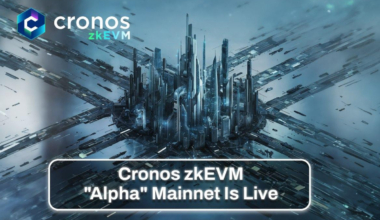China’s Supreme Court has released new guidelines regarding cryptocurrency-related disputes, indicating that settling debts with small amounts of digital assets is legal if both parties agree.
This is a significant development in China’s cryptocurrency regulation, despite its existing blanket ban on digital assets.
Wu Blockchain reported on May 7 that the court recognizes cryptocurrencies have virtual properties when settling debt disputes. However, the court emphasized that this approach is only permitted if there are no other valid reasons against it.
The top court also clarified that if one party agrees to transfer cryptocurrencies to another, but the receiving party cannot fulfill their end of the deal due to policy restrictions, the court will determine compensation based on the actual value of the property accepted by the receiving party at the time of signing the contract.
This development comes amidst China’s conflicting stance on digital assets. While the country has outlawed cryptocurrencies, there has been a surge in investor interest in recent months. A late 2022 report showed that China ranked among the top ten countries in the global crypto adoption index.
Despite the ban, the Beijing Number One Intermediate People’s Court ruled in September 2022 that citizens can still trade cryptocurrencies, but they must treat them only as virtual assets and not use them as a currency.
Although it remains unclear whether the new Supreme Court guidelines indicate that the government now recognizes the legal status of cryptocurrencies, it does show China’s acknowledgement of growing interest in digital assets.
The country recently implemented a 20% personal income tax on investment profits for individual cryptocurrency investors and Bitcoin (BTC) miners.



